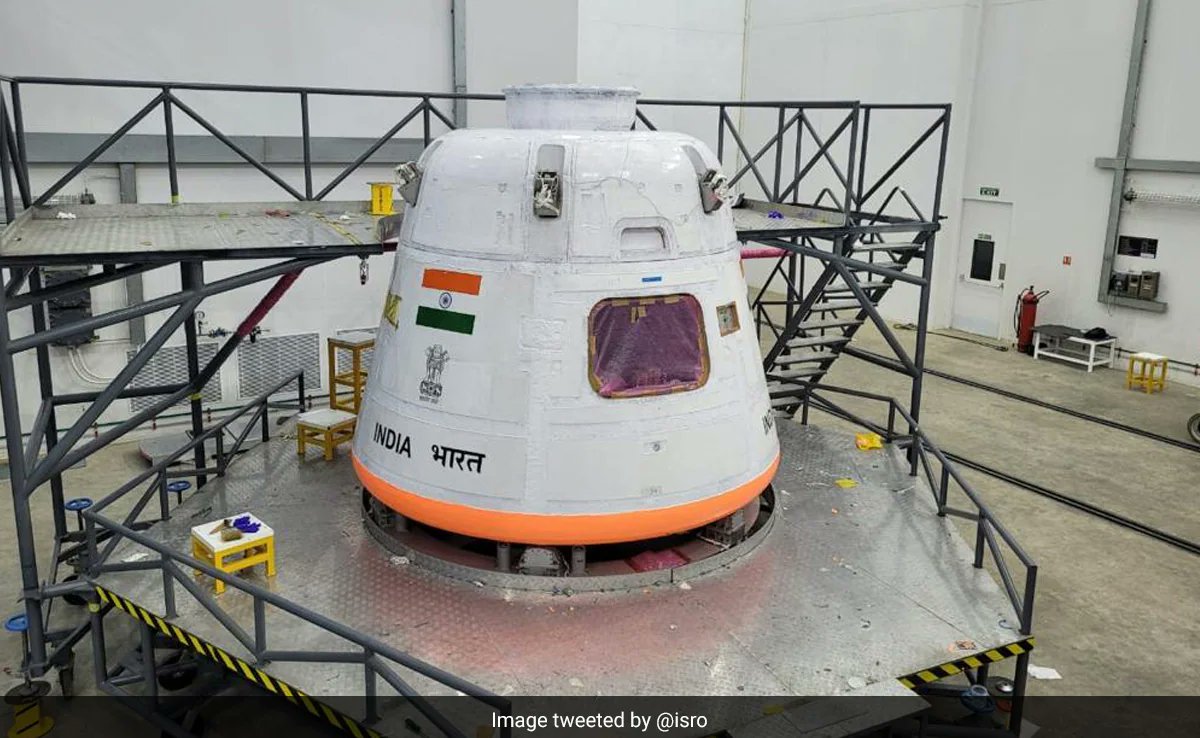India has made significant strides in its space program, positioning itself as the fourth nation to land on the Moon and Mars. However, despite these remarkable achievements, India’s contribution to the global space economy currently stands at a mere 2%. To bridge this gap and become a global space hub, India has taken a pivotal step by opening its space industry to the private sector in 2020.
The Rise of Space Startups
In a remarkable turn of events, the number of space startups in India has skyrocketed from just one in 2014 to an astonishing 204 by 2024. This exponential growth signifies the burgeoning interest and potential within the Indian space sector. Transporting rocket parts on a bicycle for the launch of India’s first rocket, Nike Apache, creates an iconic image that serves as a poignant reminder of the country’s humble beginnings and its unwavering determination to conquer the skies.

The Legacy of ISRO
India’s space program has come a long way since its inception in the 1960s, when the visionary Dr. Vikram Sarabhai laid the foundation with limited resources. Over the past six decades, the Indian Space Research Organization (ISRO) has achieved remarkable milestones, including the successful lunar mission Chandrayaan-3 and the ambitious Aditya L1 mission aimed at studying the Sun in 2023.

ISRO’s Funding and Revenue Generation
ISRO receives its primary funding from the government, but it also generates substantial revenue through Antrix Corporation – its commercial arm. Antrix, a wholly-owned government company, offers satellite launch services worldwide, helping ISRO offset costs and fostering further research and development. ISRO executes space missions at a fraction of the cost compared to other global agencies, making it a top choice for countries and private entities seeking satellite deployment services, thus earning it renown. To date, ISRO has successfully launched 431 satellites from 36 countries.
Bridging the Gap in the Space Economy
Despite its impressive achievements, India currently lags far behind in the global space economy, which currently values at $546 billion. To address this disparity, the Indian government launched the Indian Space Policy 2023, paving the way for private enterprises to carry out end-to-end activities, from launching satellites and rockets into space to operating Earth stations.
The Four Pillars of the Indian Space Policy 2023
The Indian Space Policy 2023 consists of four key entities:
- InSPACe (Indian National Space Promotion and Authorisation Centre): Acting as a single authorization agency for space launches, establishing launch pads, buying and selling satellites, and other activities. InSPACe serves as a medium between ISRO and non-government entities (NGEs), facilitating a seamless collaboration.
- ISRO (Indian Space Research Organization): ISRO’s role is to share technologies, products, processes, and best practices with NGEs, enabling the private sector to take on independent end-to-end solutions in satellite manufacturing, launch vehicle manufacturing, satellite services, and ground systems manufacturing.
- NSIL (New Space India Limited): NSIL is responsible for commercializing space technologies and platforms created, as well as manufacturing, leasing, or procuring space components, technologies, platforms, and other assets from the private or public sector as needed.
- DOS (Department of Space): The DOS provides policy guidelines, coordinates international cooperation, and facilitates coordination in the area of global space governance and programs, in consultation with the Ministry of External Affairs.
The Private Sector’s Role
The private sector plays a pivotal role in achieving the expected $44 billion space economy by 2033, as outlined in InSPACe’s 10-year vision. Independent end-to-end solutions in satellite manufacturing, launch vehicle manufacturing, satellite services, and ground systems manufacturing are expected to be taken on by NGEs. Moreover, the applications of space technology span various fields, including agriculture, biodiversity conservation, SatCom as a service, and DTH broadcasting.

Investment and Future Prospects
The investment in Indian space startups has soared, reaching $124.7 million, further fueling the growth and innovation in the sector. ISRO’s upcoming projects like Gaganyaan are expected to continue rising, solidifying India’s position as a global space hub.

India’s journey in the space sector has been remarkable, marked by perseverance, innovation, and a relentless pursuit of excellence. India is poised to unlock its full potential and propel itself to the forefront of the global space economy by fostering collaboration between government agencies and the private sector. With a rich heritage and a vision for the future, India is well on its way to becoming a global space hub, contributing to the advancement of space exploration and technology.

